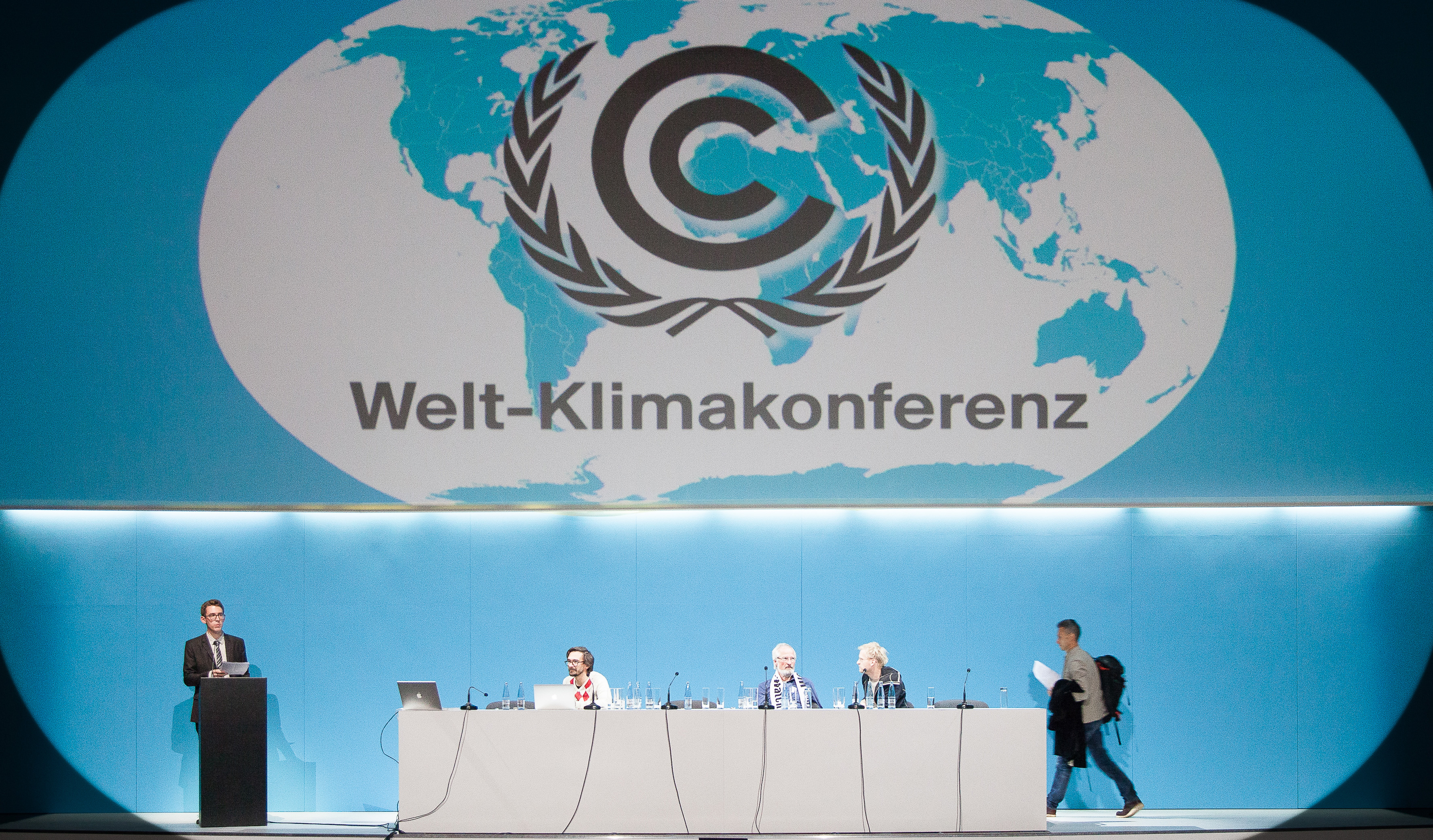Signum et monstrum
„Heute ein König“* – nieder mit ihm! Viel wurde schon darüber geschrieben, dass der post-industrielle Kapitalismus den Menschen auf Konsum und Genuss, folglich auf die Gegenwart zentriere. Die symbolische Krönung im Jetzt hat freilich ihren Preis, nämlich die Geschichte als Ort, an dem Kontingenz zur Notwendigkeit des Widerstands wird. ART IN RESISTANCE stellt die Frage nach dem praktischen Zusammenhang von Spiel und politischem Ernst. Gibt es Widerstand ohne Geschichte/n? Costas Douzinas gibt darauf eine Antwort in seiner Rede, die er im Rahmen von Spielart 2013 gehalten hat. Der Londoner Jura-Professor sah damals, unter dem Eindruck der antikapitalistischen Besetzungen des Athener Syntagma-Platzes, eine epochale Kaskade revolutionärer Proteste gekommen. Heute, nur zwei Jahre später, scheint Douzinas bereits durch die Gegenwart widerlegt. Oder war seine These nicht geschichtlich, sondern geschichtsphilosophisch gemeint? ART IN RESISTANCE ist Geschichte. – Eine kurze Revision der damaligen Rede in Exzerpten.
„‘How did you do it?’ I asked him later, ‘I thought you were going to collapse.’ ‘When I started speaking’, he replied nonchalantly, ‘I was mouthing the words but someone else was speaking. A stranger inside me was dictating what to say.’ Many participants in the recent insurrections and revolts make similar statements. Sarah, an Egyptian, tells her mother after spending time in Tahrir Square: ‘I am not myself. I am somebody new that was born today.’“
„Resistance is always situated. Resistances are local and multiple, they emerge concretely in specific conditions, responding to a situation, state of affairs or event.“
„Debt is a social relation and moral concept first and then economic. The creditor controls the debtor’s conduct much more than the employer does the employee.“
„Biopolitics is the exercise of power on bios, life. It extends from the depths of consciousness to the bodies and souls of the population. Population control is supplemented by technologies that discipline and control pliant selves. Biopolitical capitalism does not produce just commodities for subjects, it creates subjects.“
During periods of economic growth, working people were inserted directly into the economy through private and public debt and consumption. This is the time of mandatory pleasure. […] Proliferating individual rights support this socio-economic integration. Every desire could become an entitlement, every I want X, I have a right to X.“
“Three forms of resisting subjectivity emerged reacting and rearranging the modes of late capitalist subjection: First, the expendable, redundant humans, second, the bio-politically excluded, finally, the democratically disenfranchised. In a bio-political world, life exists as registered life, undocumented life is not recognised; minimum humanity is created through what the immigrants lacked: papiers, documents, files. To retrieve their life from this administrative void, they had to come to the threshold of death.”
“The insurgents were people whose interests are never heard, accounted or represented. They exist socially, but not politically, and must perform their existence through the absolute negation of what exists. They did not demand anything specific. They simply said, ‘enough is enough, ‘here we stand against’. Not I claim this or that right, but I claim the ‘right to have rights’. This is politics at degree zero, the first but insufficient step in the emergence of political subjectivity.”
“Resistance is a process or experience of subjectivisation. We become new subjects, the ‘stranger in me emerges’ when we realise a split in identity, because my particular existence has failed, because my identity is split and cannot be completed.”
“Resistance is first a fact, not an obligation. It is not the idea or the theory of justice or communism that leads to resistance, but the sense of injustice, the bodily reaction to hurt, hunger, despair. The idea of justice and equality are maintained or lost as a result of the existence and extent of resistance.”
„Place, time and intensity were central. Place: the localisation in a square in the Greek case opposite Parliament created a new fluid and open spacing of political relations. Time: the linear time of work became the teleological time of praxis. Finally, the intensity of bodily and emotional proximity, created by a common political desire, had the characteristics of a constituent power.“
“The physical coming together of bodies is a demonstration. Syntagma was a monstration, a monstrum, a public appearance of a common body and political desire. Signum et monstrum is the name of the miracle.“
„What are the lessons of the squares? First, the rediscovered principles of publicity and equality. The multitude as social category became a force of radical change when it met in public. Public assemblies, direct democracy and collective action have revived the power of the people. Can this energy be maintained and institutionalized?“
„The defence of the poor, solidarity networks helping the vulnerable and the immigrants, union strikes and occupations remain staple Leftist tactics. They are no longer enough. The age of leaders, of centralized parties and unions, of solid and conscious political subjects awaiting representation has passed for good.“
„If encampments have been abandoned, they should be replaced by virtual camps and local gatherings. Regular assemblies in neighborhoods, suburbs and towns, solidarity networks and cultural events could turn transient occupations into a permanent feature of politics.“
* „Heute ein König“ lautet der Werbe-Slogan einer bekannten Biermarke.


